Research
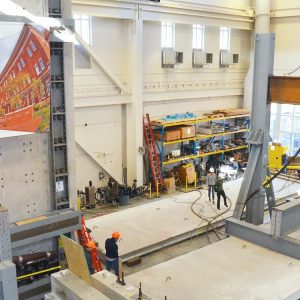
University’s 24th doctoral program is Ph.D. in civil engineering
UNC Charlotte has received approval to offer a Ph.D. in civil engineering; this is the University’s 24th doctoral program. This new degree will provide doctoral-level education for students seeking civil engineering careers in practice, research and teaching/academia.

Bioinformatics professor receives NSF funding to research reprogramming cells to cure genetic disorders
College of Computing and Informatics Assistant Professor of Bioinformatics Way Sung was awarded a $670,000 grant from the National Science Foundation (NSF) for the project, “The Evolution and Reprogramming of DNA Replication Fidelity.”
“Mutations are generally bad to the health of an organism and can lead to cancer and other genetic diseases,” said Sung. “The goal of this work is to reprogram cells to enhance their ability to repair and resist DNA mutations. The ultimate goal of our work is to extend cellular longevity, increase cellular health and reduce cancer formation.”

I-PASS research collaborative receives NSF funding for underserved computer science students
Improving the Persistence and Success of Students from Underrepresented Populations in Computer Science (I-PASS) is a collaboration among UNC Charlotte faculty that has received nearly $1 million in funding from the National Science Foundation (NSF).
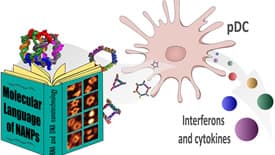
Researchers report unraveling the immune recognition of nucleic acid nanoparticles
An extensive experiment testing the immune effects of a broad group of lab-designed nucleic acid nanoparticles did not find a strong, uniform immune response, as had been predicted. Instead, the tests found varying and specific responses from different immune cells, depending on each particle’s shape and formulation, a finding that may encourage further study of the particles’ therapeutic use.
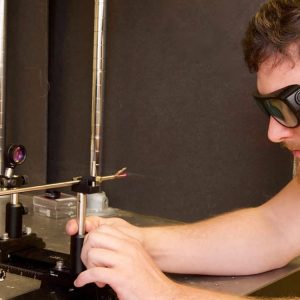
Laser focus: Doctoral student integral to biomedical optics research
Most North Carolinians have known someone who has had kidney or bladder stones. The pain can be excruciating – a stabbing sensation in the side, abdomen or back. UNC Charlotte student Luke Hardy, who is pursuing a doctoral degree in optical science and engineering, is a member of a research team working to transform treatment options.
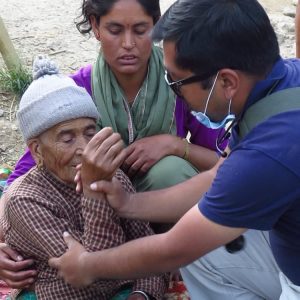
Graduate candidate receives prestigious public health informatics fellowship
Physician and UNC Charlotte graduate candidate Saugat Karki was selected recently for the Centers for Disease Control and Prevention’s (CDC) prestigious Public Health Informatics Fellowship Program (PHIFP).

‘World-changing’ research considers the future of math education
Mathematics research by one Cato College of Education professor is among scientific findings from 2017 with the potential to change world, according to publishing giant Springer Nature.

App increases colon cancer screening orders while reducing operational costs
“Detecting colorectal cancer early can save health care costs and lives,” said Jennifer Troyer, health economist at UNC Charlotte and interim dean of the College of Health and Human Services. Through a grant from the National Institutes of Health and National Cancer Institute, Troyer worked with researchers at Wake Forest University, UNC Chapel Hill and University of Texas to examine how digital technology can be used to increase the likelihood that patients order a colorectal screening procedure.
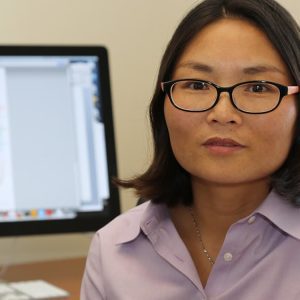
CCI professor receives prestigious NSF CAREER Award
Assistant Professor Xinghua “Mindy” Shi, Department of Bioinformatics and Genomics, has earned a National Science Foundation (NSF) CAREER Award for the project “Integrative Approaches to Uncovering Complex Genotype-Phenotype Relationships in High Dimensional Genomics Data.”

Economist delivers mid-year update, state’s economic expansion continues
The North Carolina economy continues to grow with positive indicators including housing prices and the Consumer Confidence Index, UNC Charlotte professor and economist John Connaughton said at a Mid-Year Economic Update Tuesday, June 5. He stated the country is now in the second-longest economic expansion since 1854. This economic expansion has been underway for 108 months, as of early June 2018.